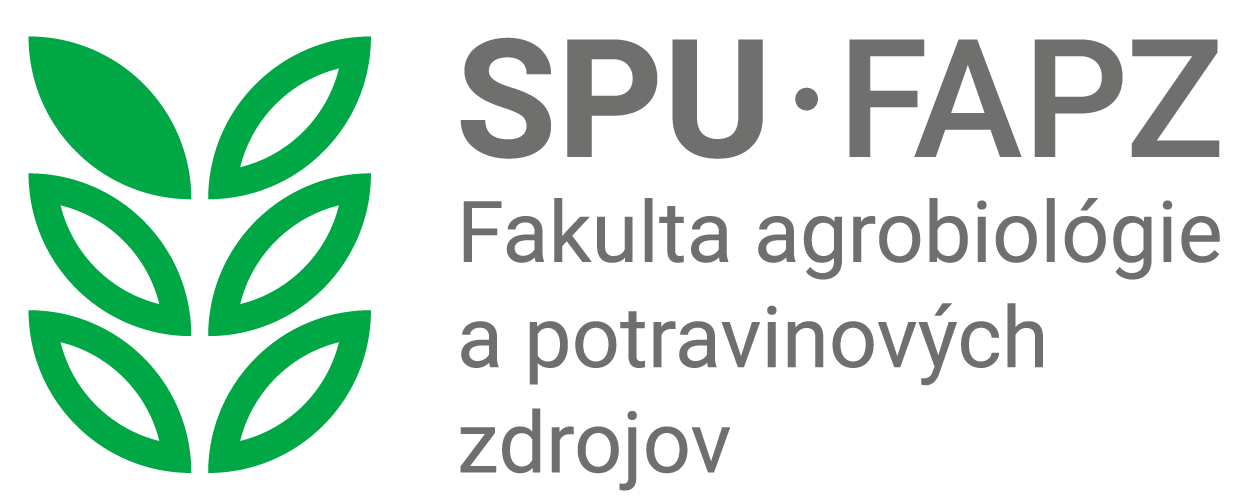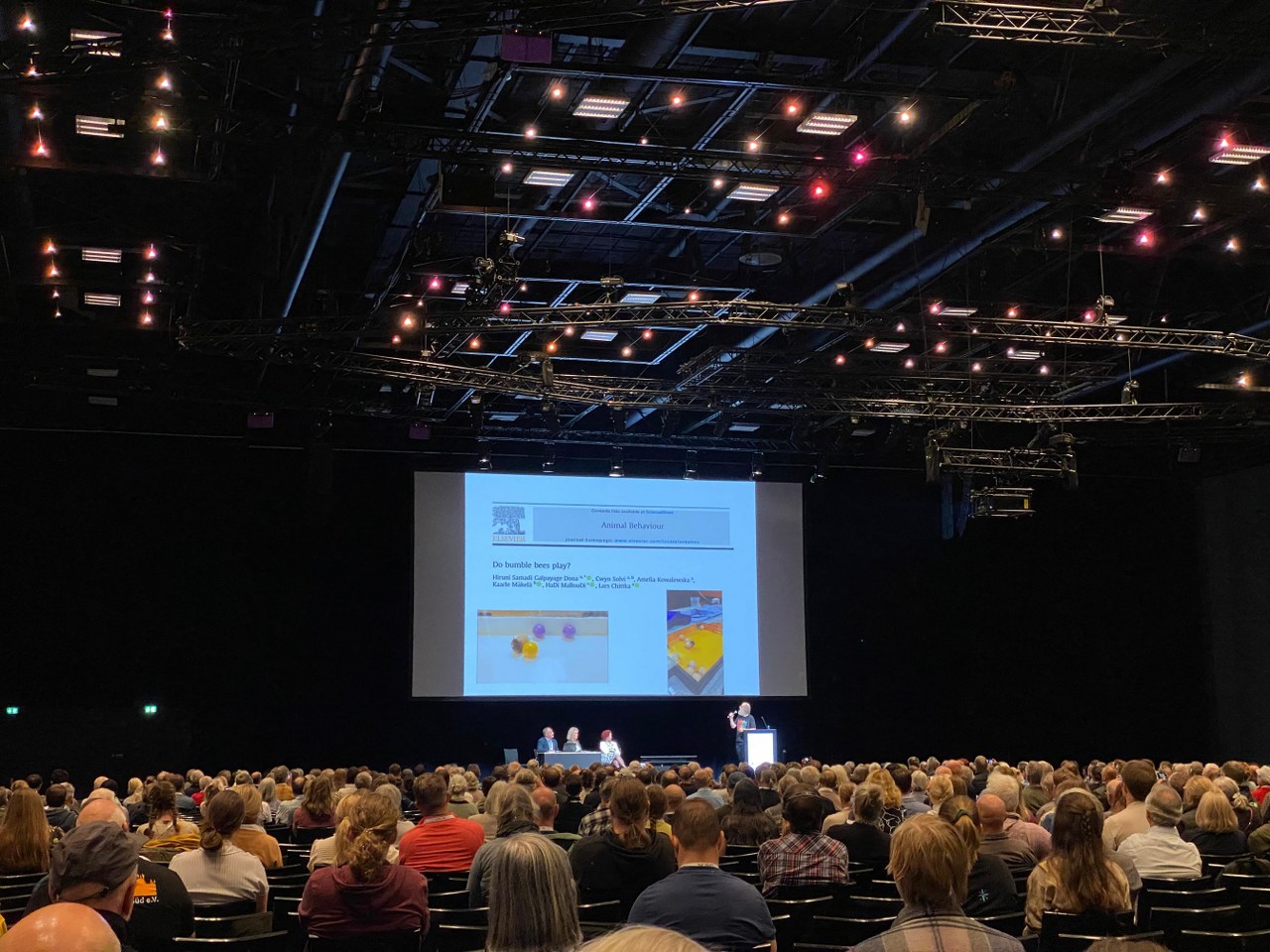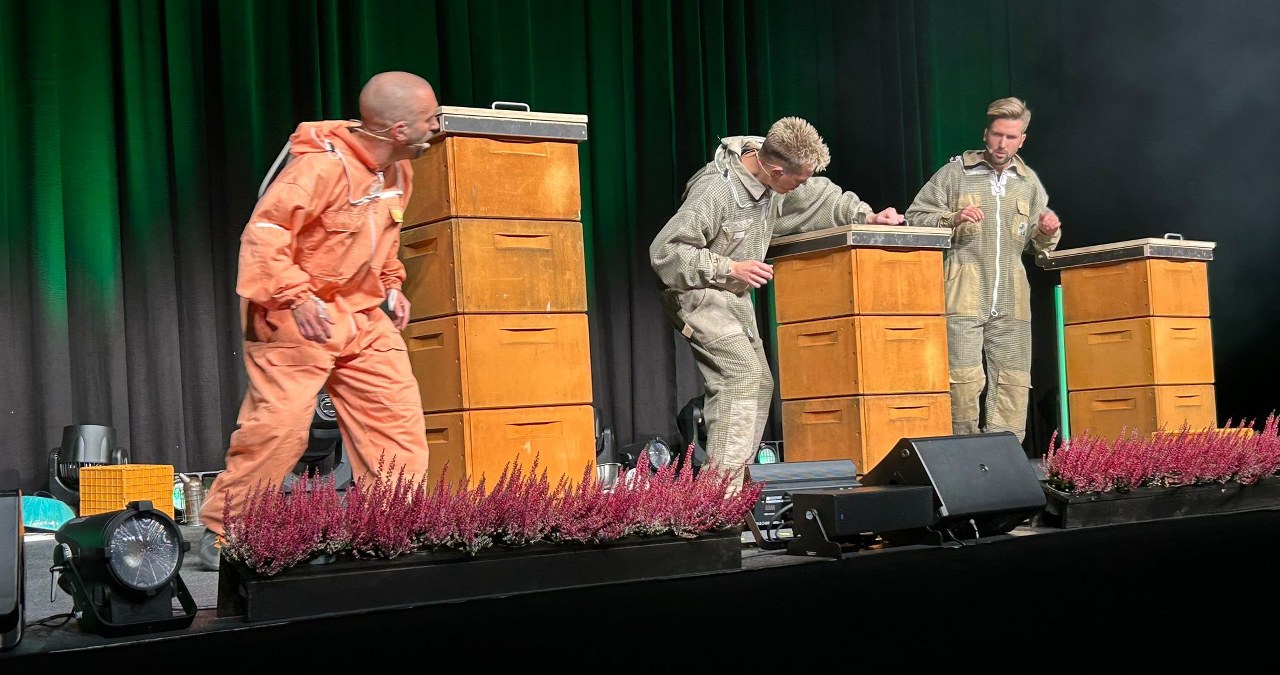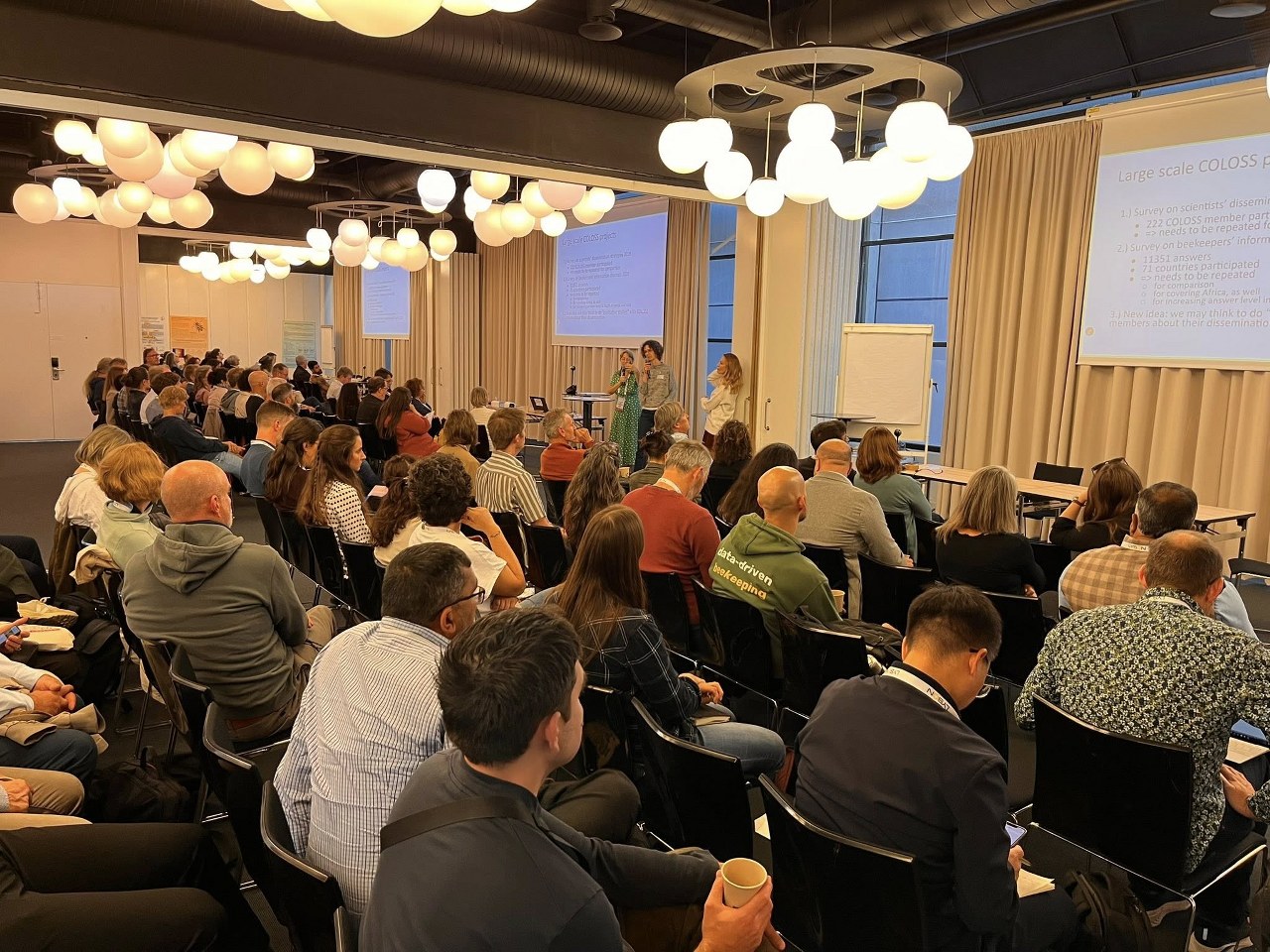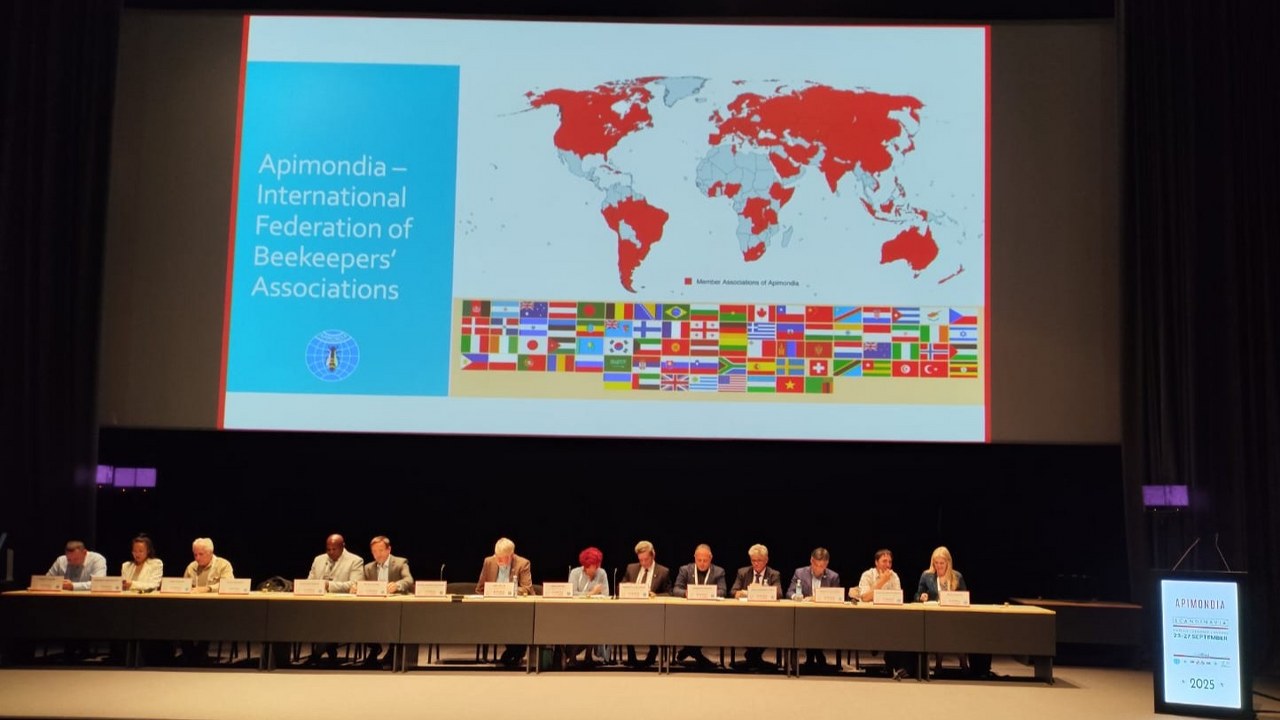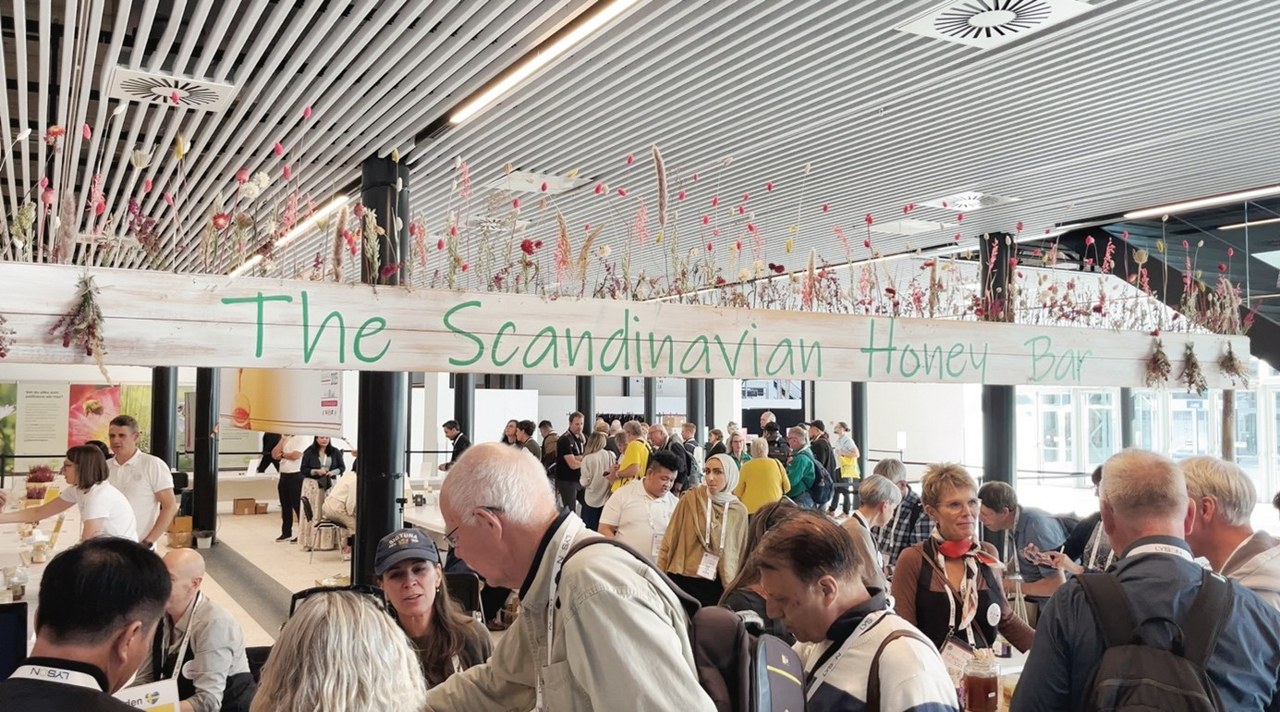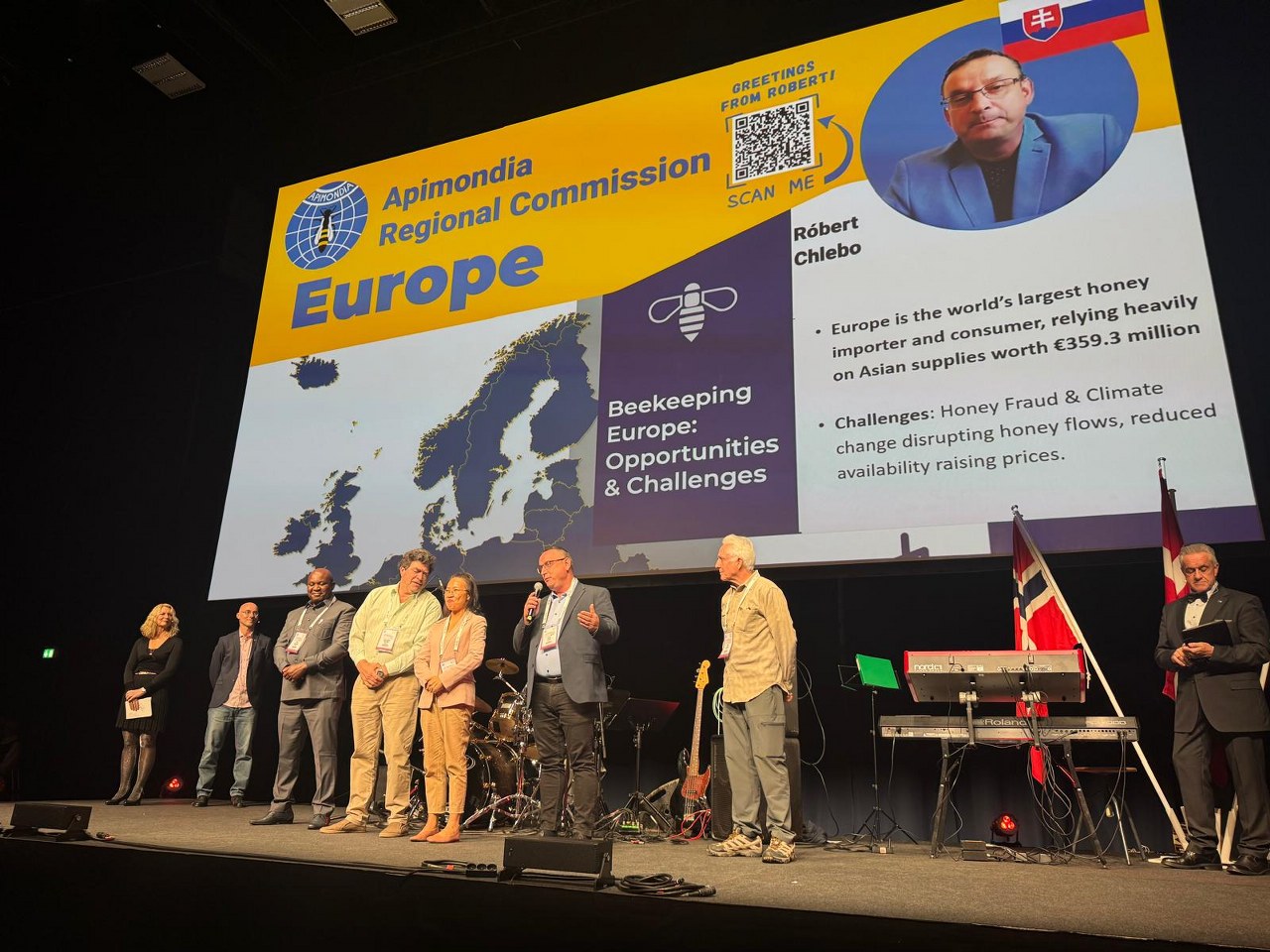World Beekeeping Congress in Copenhagen
03.11.2025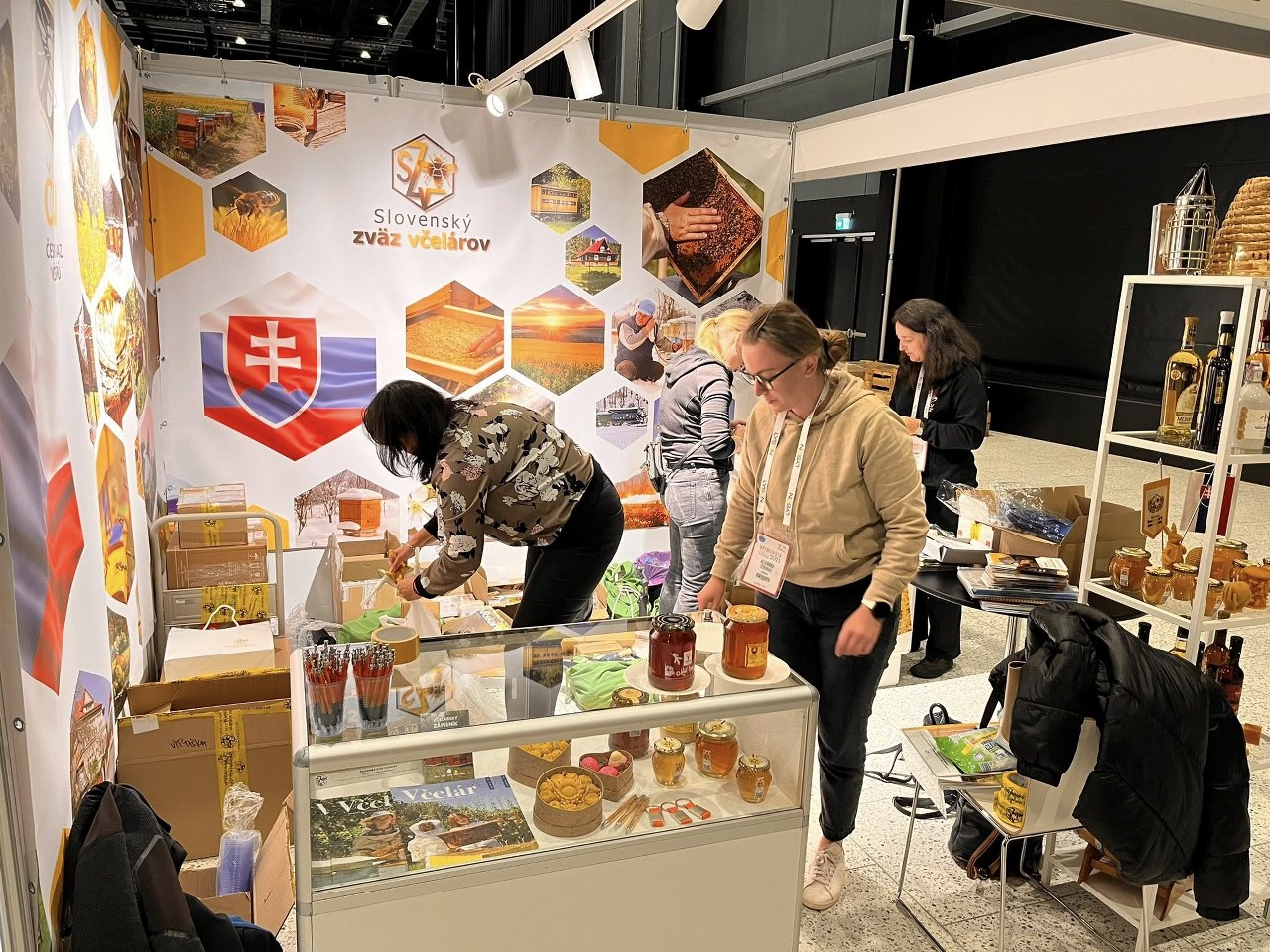
The 49th Apimondia Beekeeping Congress took place in Copenhagen, Denmark, from 23 to 27 September 2025. The World beekeeping federation Apimondia organizes this largest meeting of beekeepers every two years. This year's congress was organized in cooperation with the Danish, Norwegian and Swedish beekeeping organizations, and the event reached a record attendance - about 8 thousand participants from 144 countries. In addition to scientific lectures, symposia and workshops taking place in parallel in several lecture halls, the congress also includes competitions of exhibits related to bees and beekeeping, the General Assembly of the member associations, discussion clubs and the ApiExpo exhibition, at which 179 exhibitors from 44 countries presented themselves in 216 of these stands this year. In the World Be Awards beekeeping competition, Slovakia retained its position as the world's top country, winning 4 gold, 6 silver and 6 bronze medals, with mead producers traditionally scoring the most points.
In addition to its successes in competitions, Slovakia became visible also through its presence in the scientific program. The Chairman of the Apimondia Regional Commission for Europe, Róbert Chlebo from the Institute of Animal Husbandry, FAFR SUA, organized and moderated 3 workshops related to European beekeeping - one was dedicated to beekeeping in EU countries, the other provided space for a country outside the EU. At the third event, organized in cooperation with the FAO Regional Commission for Europe and Central Asia, experiences with obtaining funds for development beekeeping projects were presented. Matus Pavle, an external doctoral student from SPU in Nitra, presented his observations of free-living honey bee colonies through a poster.
The dominant topic in scientific sessions was the adulteration of honey and consumer protection. Experts and discussants in several seminars, lectures and "round tables" called for a common approach across state authorities, research institutions and beekeepers to combat fraud in the honey market. Young beekeepers were also given a place to present their ideas, innovations and experiences, and for the first time participants under the age of 18 gave lectures at this event. One of the most attractive elements of the congress was the "Global Honey Bar", where it was possible to taste around 300 honeys from more than 40 countries, including honeys from tropical stingless bees or rare unifloral honeys from desert areas sold for several hundred euros per 1 kg.
Before the start of Apimondia, several apidologists also participated in the 21st Conference of the international beekeeping expert consortium COLOSS, the main goal of this event was the coordination of joint research activities. The COLOSS organization has several working groups, and representatives of the SUA participate in projects focused on beekeeping education, nutrition, and winter mortality of bee colonies. Róbert Chlebo presented the national beekeeping education system, alongside with representatives from Nepal and the USA.
The Copenhagen beekeeping experience was concluded with excursions. One of them was a visit to the professional apiary Lindhagens Biredskap in Sweden, which provides courses for novice beekeepers, and one of the campuses of the Swedish University of Agricultural Sciences (SLU) in Alnarp, including a demonstration apiary for the training of regional bee health advisors.
